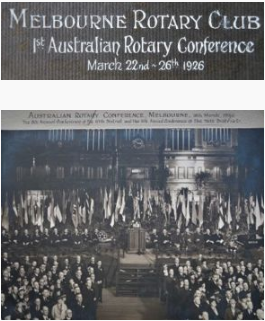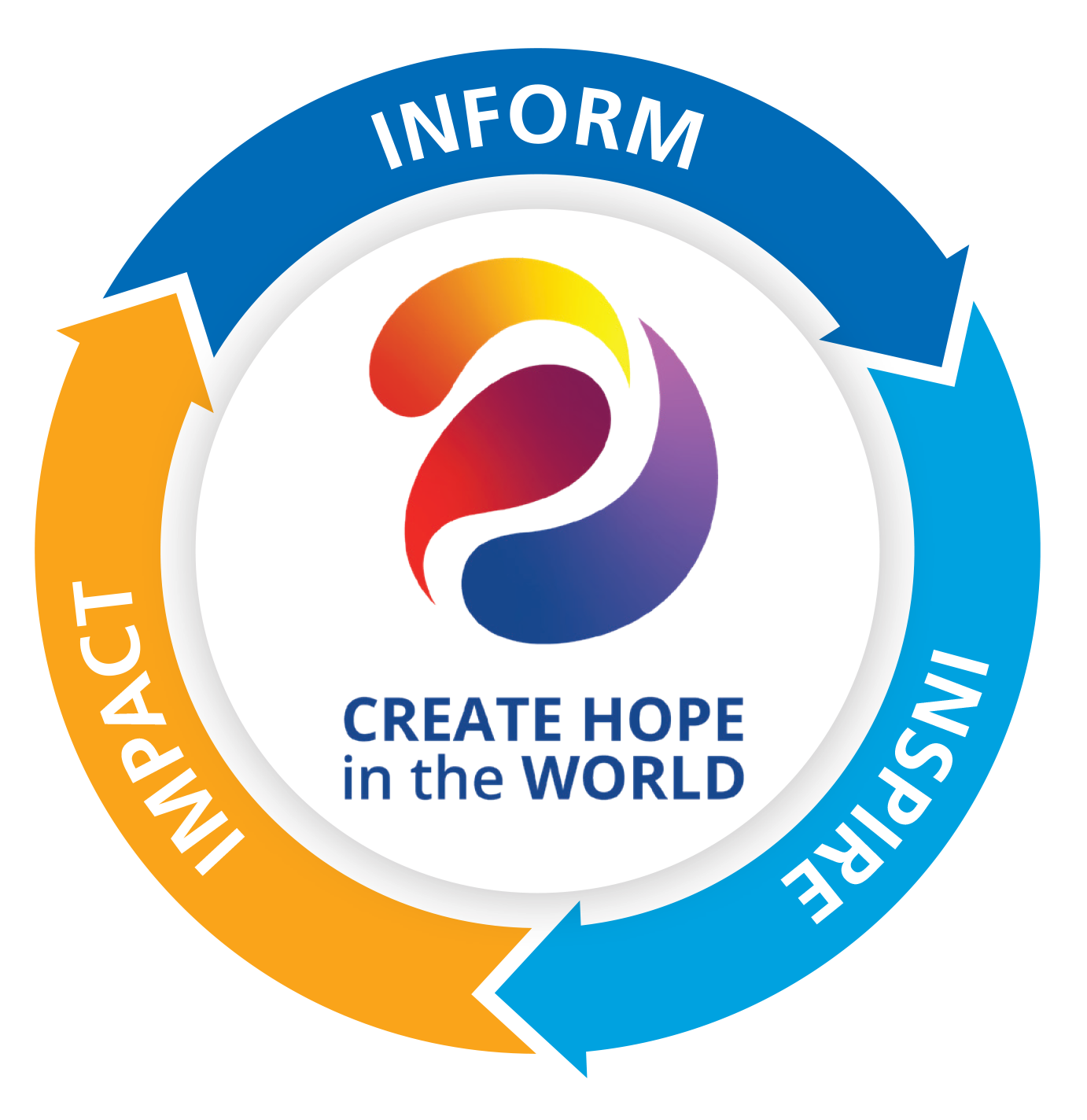 A brief overview of its long and proud history
A brief overview of its long and proud history
Since its charter luncheon on 21 April 1921, the Rotary Club of Melbourne has not only had a rich history of service to the community, but also the advancement of Rotary in District 9800, and well beyond. In fact, in 1924, Rotary Melbourne chartered the Rotary Clubs of Adelaide, Hobart and Launceston with a further 24 clubs between 1925 and 1999, which have in turn, gone on to charter many more.
The charter membership of Rotary Melbourne was based on the classification system and included an impressive group of Melbourne's leading business and professional men, such as General Sir John Monash, widely acknowledged as one of the great Australians for his outstanding military service during Word War I and as the first General Manager of the State Electricity Commission of Victoria, and serving as Vice-Chancellor of The University of Melbourne. Charter members also included Sir John Latham, Chief Justice of the High Court of Australia. Later, Sir Angus Mitchell joined the Club, becoming one of its most distinguished members and being elected as the first Australian President of Rotary International. A very close friend of Paul Harris, Sir Angus is credited with the re-establishment of Rotary in Japan after the end of World War II.
Among the Club's sustained record of Community service projects are the establishment of the Claremont Home for the Elderly, the sponsorship (with the Wesley central Mission) of the 'Life Line' Telephone Counselling Service, the development of the Crossroads Youth Service for vulnerable young people, the establishment of a heart risk reduction clinic at the Baker Medical Research Institute at the Alfred Hospital, assistance with the launch of the organisations Australian Against Child Abuse and Very Special Kids, and initiatives to establish programs of early intervention to prevent the growth of youth homelessness.
In the area of International Service between 1991 and 1995, the Club carried out its Australian-Vietnam Health Care and Health Education Program. The International Committee continues to sponsor programs in South East Asia, all related to health care and education.
The Group Study Exchange Program of the Rotary Foundation emerged from a goodwill study tour of young professional men to Papua New Guinea undertaken in 1962-62 by Frank Newman, a member of the Melbourne Club and now Past
President and Past District Governor.
As early as 1935-36, the Club also advocated for the apprenticeship scheme in Victoria, and continues to recognise apprenticeships as providing worthwhile career paths.
In 1993 the Club hosted the Rotary International Convention. Some twenty-two thousand Rotarians and partners attended the convention, fourteen thousand from overseas, strengthening ties of friendship and service across the world
Today, the Rotary Club of Melbourne continues its outstanding service through myriad innovative initiatives and can be proud of its contribution to both the community and Rotary International.
Happy Birthday Rotary Melbourne!
(Acknowledgement: Rotary Club of Melbourne – Australia’s First Rotary Club website)

